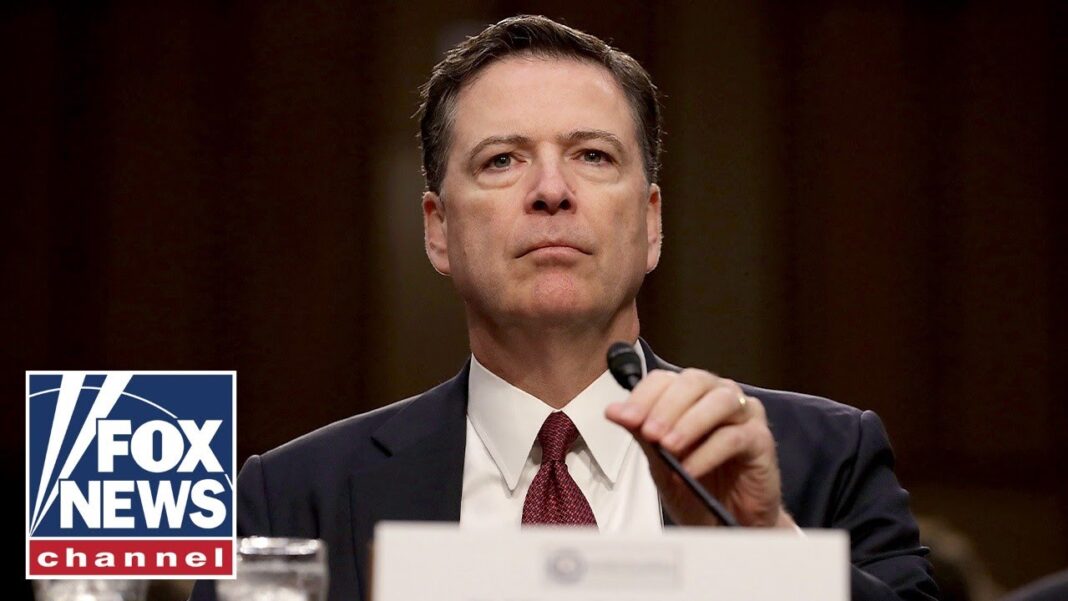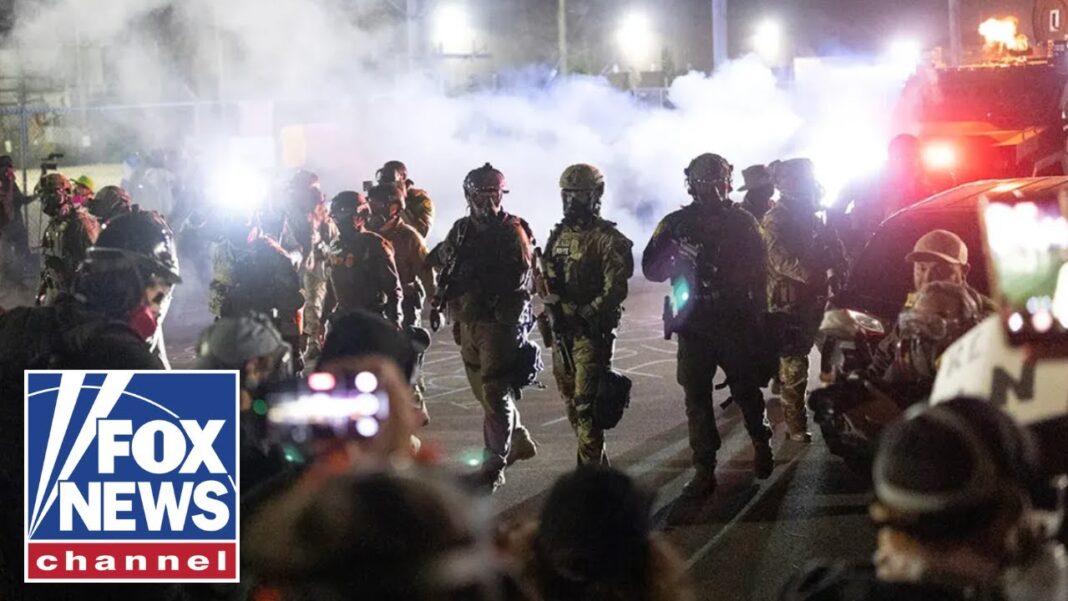The former FBI director’s attorneys are seeking to have the case dismissed.
A federal judge on Monday ordered the Department of Justice to release grand jury materials to attorneys acting on behalf of former FBI Director James Comey as they attempt to scrap a criminal case against him.
U.S. Magistrate Judge William Fitzpatrick wrote in an order that possible errors and “government misconduct” by the team of interim U.S. Attorney for the Eastern District of Virginia Lindsey Halligan may have imperiled the case against Comey.
“The Court recognizes this is an extraordinary remedy, but given the factually based challenges the defense has raised to the government’s conduct and the prospect that government misconduct may have tainted the grand jury proceedings, disclosure of grand jury materials under these unique circumstances is necessary,” Fitzpatrick said in his 24-page opinion, which ordered all material related to the grand jury that indicted the former FBI director in September.
The judge said that prosecutors may have violated court orders as well as Comey’s Fourth Amendment rights, which he stated can “establish a reasonable basis to question whether the government’s conduct was willful or in reckless disregard of the law.”
“The facts set forth herein and the particularized findings of the Court establish that ‘ground[s] may exist to dismiss the indictment because of a matter that occurred before the grand jury,’” Fitzpatrick added.
Last month, the judge ordered prosecutors to produce for defense lawyers a trove of materials from the probe targeting Comey. The order followed arguments in which Comey’s attorneys said they were at a disadvantage because they hadn’t been able to review information that was collected years ago as part of an investigation into FBI media leaks.
Comey was charged with lying to Congress in 2020, to which he has pleaded not guilty. His lawyers have argued that it’s a vindictive prosecution brought at the direction of President Donald Trump and must be dismissed.
Fitzpatrick raised his own concerns, telling lawyers in a hearing on Nov. 5, “The procedural posture of this case is highly unusual.” He said it appeared to him that the Justice Department had decided to “indict first” and investigate later.








